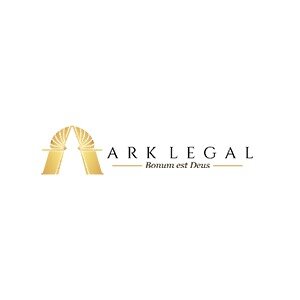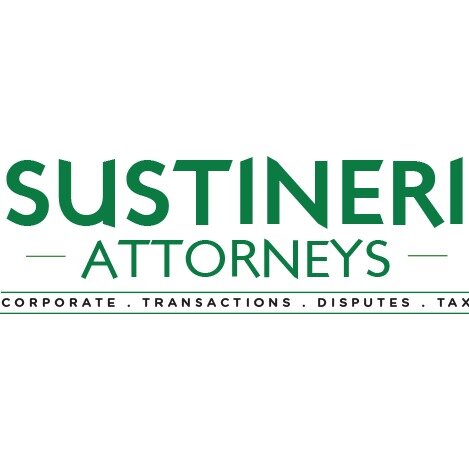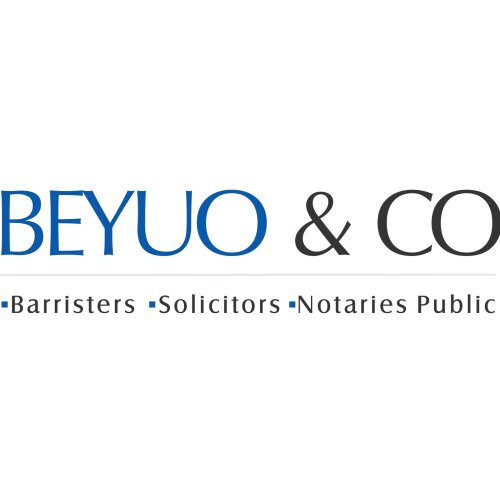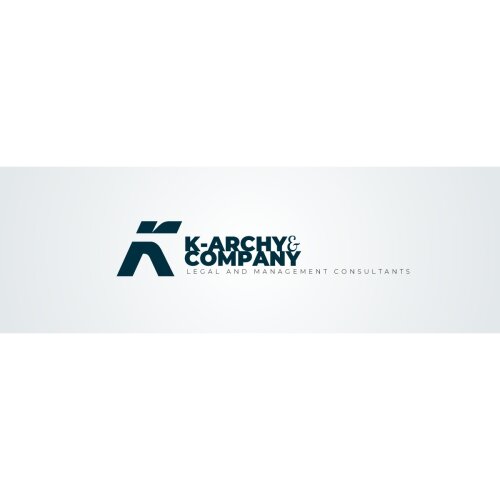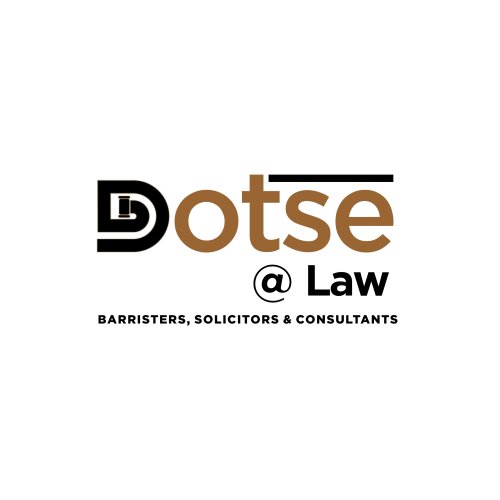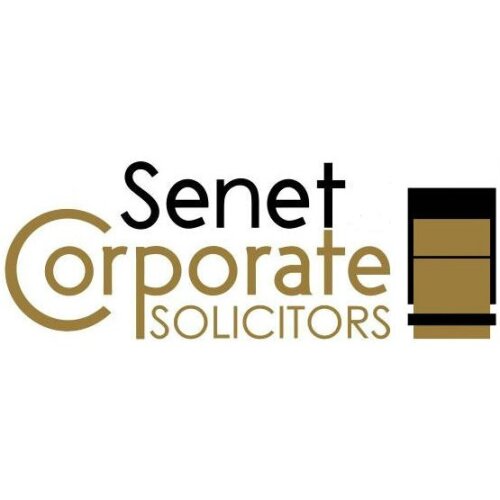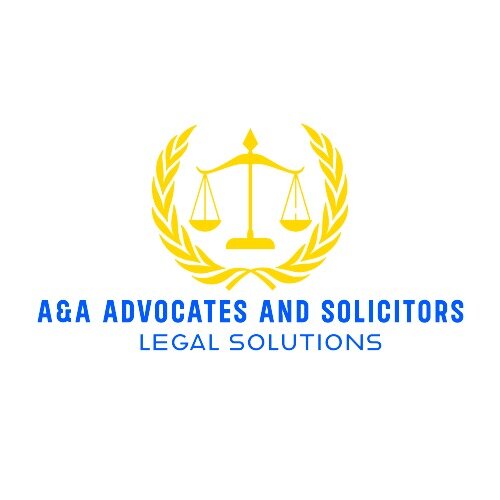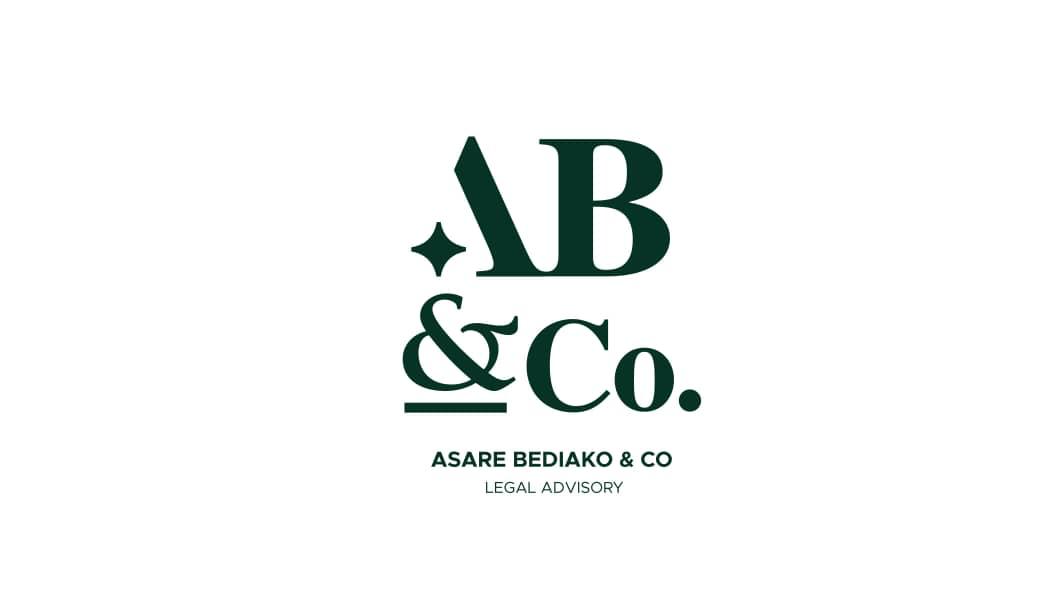Best Conveyancing Lawyers in Ghana
Share your needs with us, get contacted by law firms.
Free. Takes 2 min.
Free Guide to Hiring a Real Estate Lawyer
Or refine your search by selecting a city:
List of the best lawyers in Ghana
About Conveyancing Law in Ghana
Conveyancing in Ghana involves the legal process of transferring property ownership from one person or entity to another. This covers both residential and commercial properties. The process includes verifying the legal title of the property, preparing and executing the required legal documents, paying relevant fees and taxes, and registering ownership with the appropriate governmental authorities. Ghana's conveyancing law aims to ensure that property transfers are legally valid, protect the buyer and seller, and prevent land disputes, which are common in many parts of the country.
Why You May Need a Lawyer
Having a lawyer for conveyancing is highly recommended in Ghana due to the complexities of property law and the prevalence of land disputes. A lawyer can help you with the following:
- Conducting legal due diligence to confirm the rightful ownership and status of the property
- Drafting, reviewing, and explaining contracts of sale and other legal documents
- Ensuring all necessary consents and approvals are obtained, especially with stool lands, family lands, or government-acquired lands
- Assisting with negotiations regarding terms of sale, price, and obligations of both parties
- Registering the property with the Lands Commission and other relevant bodies
- Resolving disputes or irregularities with the property title
- Protecting your interests in the event of fraud or misrepresentation during the transaction
Lawyers add a layer of security to a process that can be prone to errors and fraud, making their expertise crucial for anyone buying, selling, or inheriting land or property in Ghana.
Local Laws Overview
Conveyancing in Ghana is governed by a mix of statutes, customary law, and case law. Key statutes include the Land Act, 2020 (Act 1036), which consolidates laws on land and offers procedures for dealing with different land interests. The Land Title Registration Law, 1986 (PNDCL 152) mandates the registration of interests in land, particularly in specified registration districts. Buyers must be aware that different types of land exist in Ghana, such as stool, family, state, and private land, each with its own rules for transfer.
Legal instruments used in conveyancing include deeds of assignment, leases, subleases, and indentures. Registration is an essential final step that legally vests ownership or interest in the new holder. Non-compliance with statutory requirements can render a conveyance void. Due diligence and professional legal advice are vital to avoiding complications, especially in areas with complex customary land arrangements.
Frequently Asked Questions
What is conveyancing?
Conveyancing is the legal process of transferring ownership of land or property from one person to another, involving title verification, contract preparation, and registration.
Do I need a lawyer for conveyancing in Ghana?
While not legally mandatory, hiring a lawyer is strongly recommended to protect your interests and ensure compliance with Ghana's property laws and registration requirements.
What documents are required for conveyancing?
Common documents include a sale and purchase agreement, deed of assignment, site plan, land title certificate (if available), indenture, and proof of payment or receipts for statutory fees.
How can I verify the ownership of a property?
Property ownership can be verified by conducting a search at the Lands Commission and reviewing existing documentation on the property. Lawyers can assist with detailed due diligence.
What types of land exist in Ghana?
The main types are stool or skin land, family land, state (government) land, and private land. Each has varying processes and authorities for transfer and registration.
What fees are involved in conveyancing?
Fees can include stamp duties, registration fees, legal fees, and payments for searches or obtaining consent if required. These vary based on property value and location.
How long does the conveyancing process take?
The timeline varies but typically ranges from several weeks to a few months, depending on complexity, availability of documents, and the efficiency of the relevant government offices.
Can foreigners buy land or property in Ghana?
Yes, foreigners can lease land in Ghana for up to 50 years but are not allowed to purchase freehold interests. The law also restricts land acquisition in certain sensitive areas.
What is land title registration?
Land title registration is the process of officially recording your interest in land with the Lands Commission, which provides proof of ownership and protects against competing claims.
What are the risks of not registering property?
Failure to register can result in disputes, loss of money or property, inability to prove ownership in court, and challenges in obtaining financial services using the property as collateral.
Additional Resources
If you need assistance or want to learn more about conveyancing in Ghana, the following resources may be helpful:
- Lands Commission of Ghana - Handles land registration and records
- Ghana Bar Association - Provides a directory of qualified lawyers
- Ministry of Lands and Natural Resources - Oversees land policy and regulation
- Legal Aid Commission - Offers advice and services for those who qualify
- Office of the Administrator of Stool Lands - Manages and regulates stool lands
Next Steps
If you are considering buying, selling, or transferring property in Ghana, it is important to:
- Engage the services of a qualified lawyer who specializes in conveyancing
- Gather all relevant documents and information about the property
- Conduct due diligence, including searches at the Lands Commission
- Negotiate and review all terms and conditions carefully
- Ensure all fees and taxes are paid as required by law
- Register the property transaction promptly to secure your legal rights
Contact a legal professional early in the process to avoid costly mistakes and ensure a smooth property transaction. Seeking expert guidance will help safeguard your investment and provide peace of mind in the conveyancing process in Ghana.
Lawzana helps you find the best lawyers and law firms in Ghana through a curated and pre-screened list of qualified legal professionals. Our platform offers rankings and detailed profiles of attorneys and law firms, allowing you to compare based on practice areas, including Conveyancing, experience, and client feedback.
Each profile includes a description of the firm's areas of practice, client reviews, team members and partners, year of establishment, spoken languages, office locations, contact information, social media presence, and any published articles or resources. Most firms on our platform speak English and are experienced in both local and international legal matters.
Get a quote from top-rated law firms in Ghana — quickly, securely, and without unnecessary hassle.
Disclaimer:
The information provided on this page is for general informational purposes only and does not constitute legal advice. While we strive to ensure the accuracy and relevance of the content, legal information may change over time, and interpretations of the law can vary. You should always consult with a qualified legal professional for advice specific to your situation.
We disclaim all liability for actions taken or not taken based on the content of this page. If you believe any information is incorrect or outdated, please contact us, and we will review and update it where appropriate.
Browse conveyancing law firms by city in Ghana
Refine your search by selecting a city.



